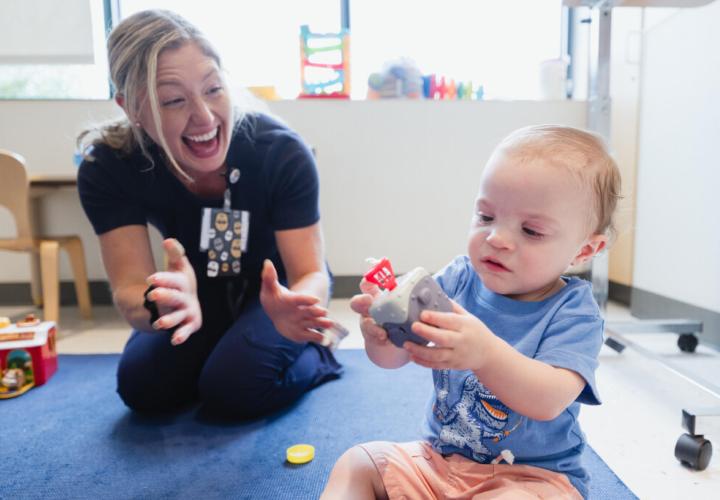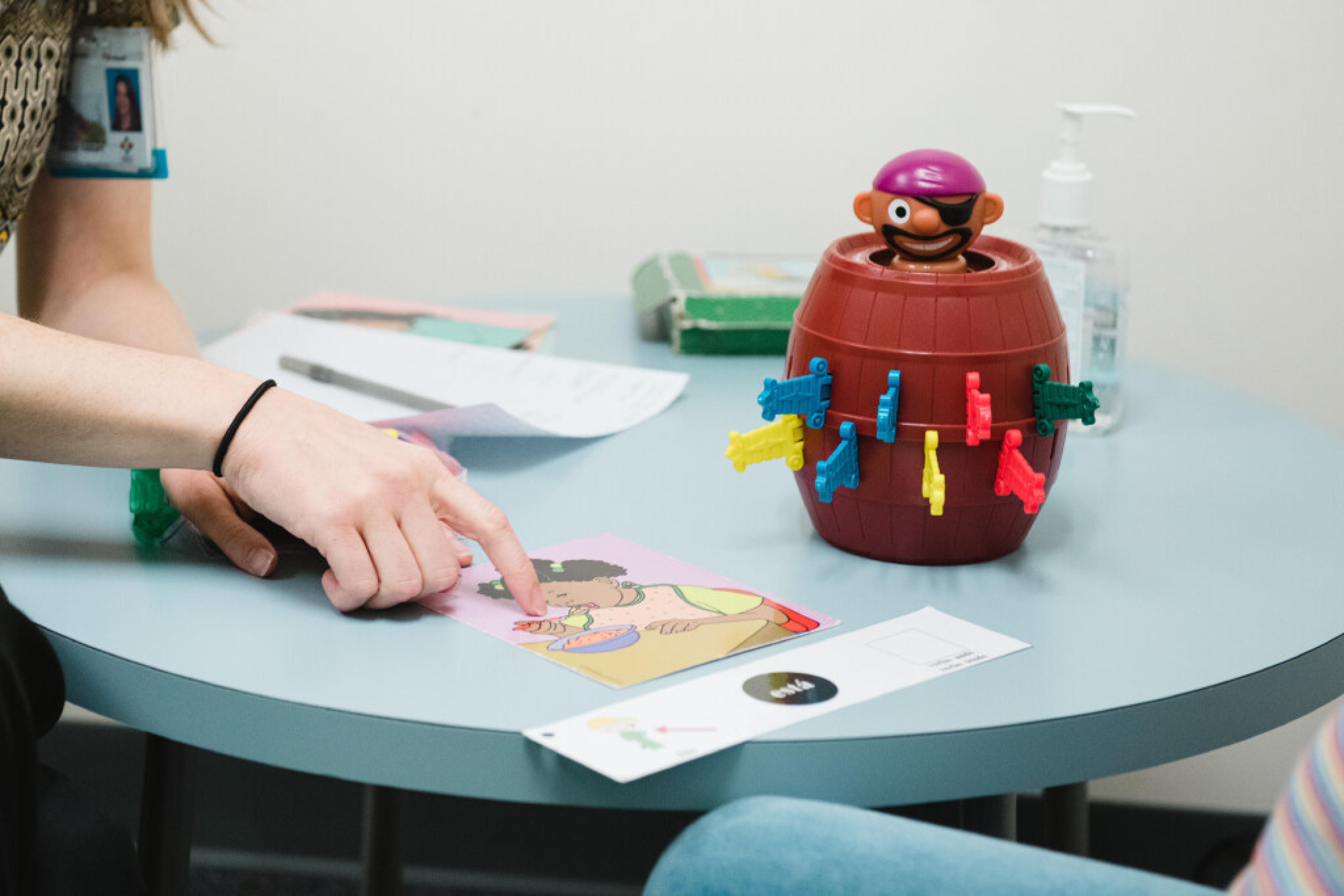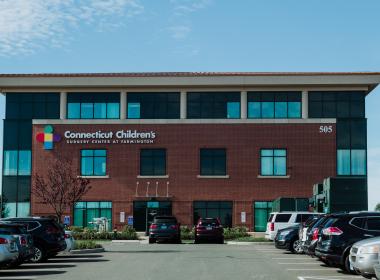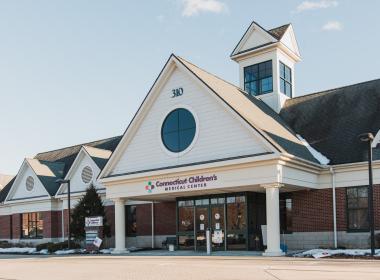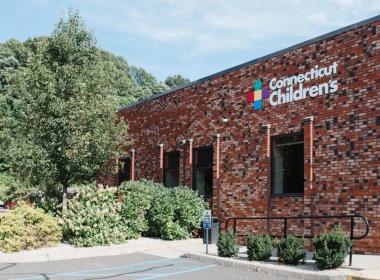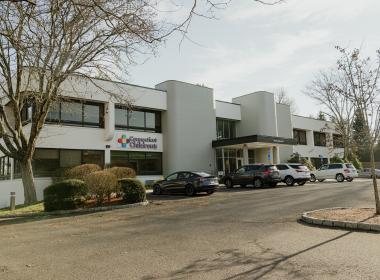Why choose Connecticut Children’s Speech-Language Pathology
At Connecticut Children’s, our pediatric speech-language pathologists specialize in assessing and treating children of all ages with a wide range of communication and swallowing conditions — from developmental, genetic and cognitive disorders to injuries and dysphagia. Our team of skilled clinicians works closely with developmental pediatricians and other specialists to provide comprehensive assessments for early detection and treatment.
